Over 250 early college stakeholders from across the Commonwealth convened in Boston on March 23, 2017, to celebrate the progress and success of pioneering early college efforts in the state and lay out the path forward for the Massachusetts Early College Initiative.
Executive Office of Education
Department of Higher Education
Department of Elementary & Secondary Education
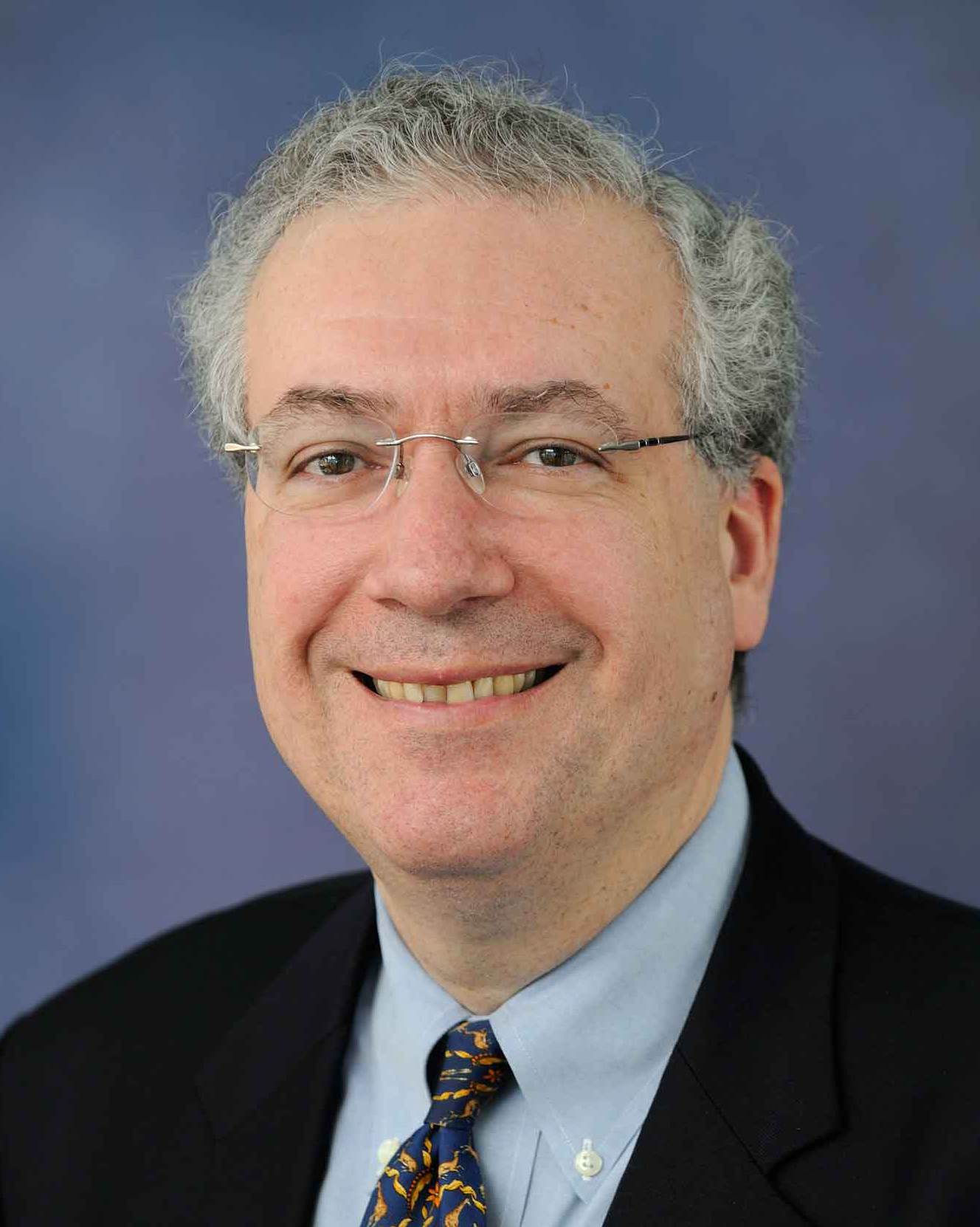
Chair, Massachusetts Board of Higher Education
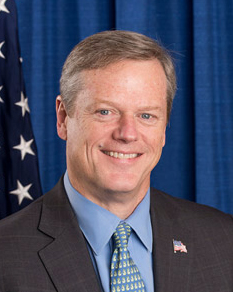
Governor, Commonwealth of Massachusetts
Video Greeting
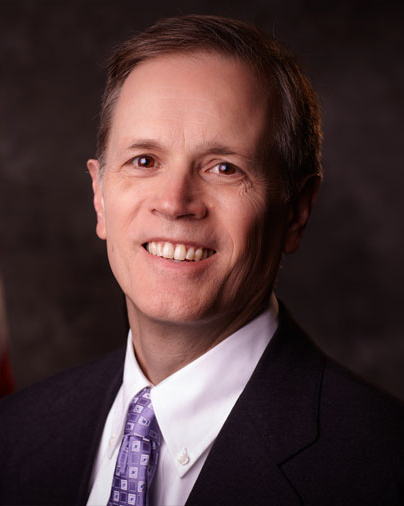
Secretary of Education, Commonwealth of Massachusetts
"I've asked my administration to work to significantly increase the no. of #EarlyCollege programs across MA." @MassGovernor #ecil17
— MA Dept of Higher Ed (@MassDHE) March 23, 2017
"Nothing is as powerful as an idea whose time has come. The time for #EarlyCollege has come" - @MassEducation Sec. Peyser
— The Rennie Center (@therenniecenter) March 23, 2017

Also seeking to scale up, Massachusetts is looking to experienced states like Texas, Utah and North Carolina for a blueprint
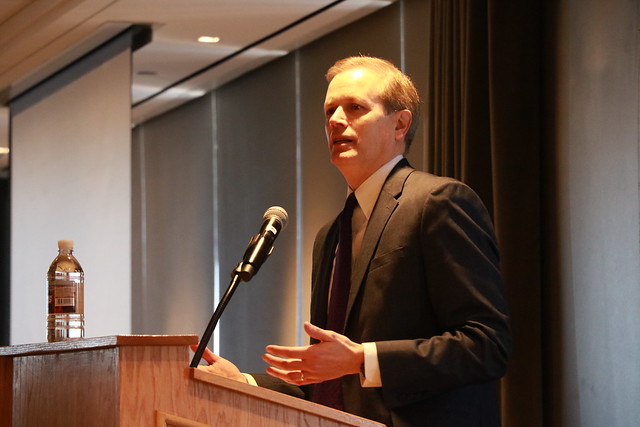
“This is designed...to provide students who may not see college in their future with a pathway to get ready for college.” —Secretary Peyser

targeting students underrepresented in higher education

that are well integrated and aligned with college and career

in both academics and advising

through workplace and experiential learning experiences

between high schools and colleges
To determine if there was an evidence base to support policy action and, if so, to identify the best approach to move forward, in 2016 the Barr Foundation supported a thorough research effort by an independent consulting organization, Parthenon-EY. In coordination with a steering committee of leaders of the state education system and a working group of representatives from EOE, DHE, DESE, and the field, the Parthenon study, completed in December 2016, found support for the creation of a state-funded early college designation and laid a foundation for the policy.
Today there are approximately 27 early college programs operating across the Commonwealth. Leaders of these programs stress the need to offer students increased support, higher engagement, and a direct link to individual college and career aspirations.
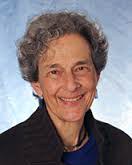
Senior Advisor & Co-founder of Pathways to Prosperity Network, Jobs for the Future (Moderator)

Dean of Academic Support and College Pathway Programs, Bunker Hill Community College
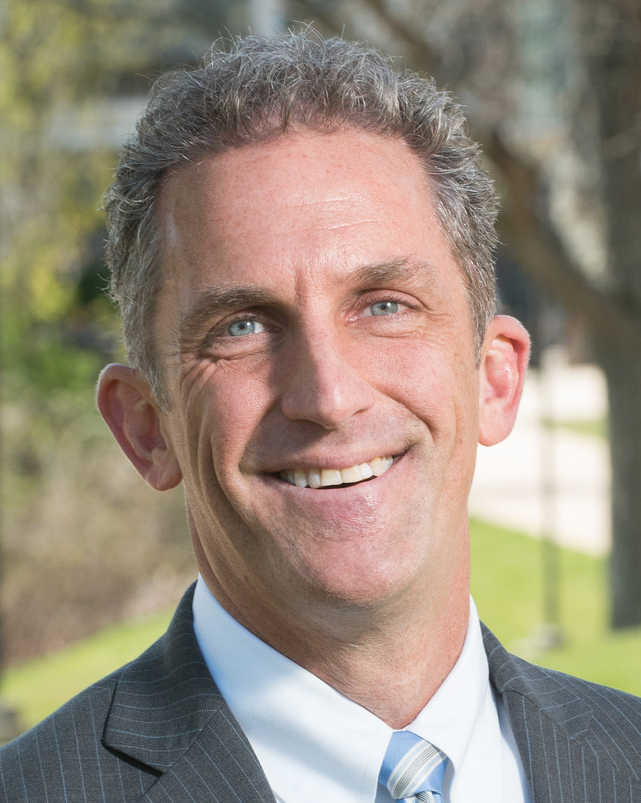
President, Northern Essex Community College
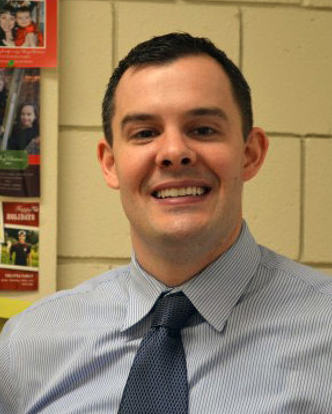
Director, Marlborough High School STEM Early College Program
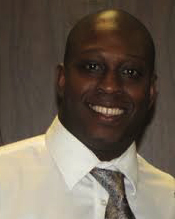
Executive Director, New Heights Charter School of Brockton
Terrific panel discussion on Early College from great educators, totally focused on students' educational experience & their success #ecil17
— Mass Biz Roundtable (@MABizRoundtable) March 23, 2017
Nuri Chandler-Smith of @BHCCBoston: Aligning high school & #highered curricula is essential #MAearlycollege launch pic.twitter.com/RTRpfyIfoT
— Jobs for the Future (@jfftweets) March 23, 2017
The vision for growth and sustainability of high-quality early college partnerships connecting our state’s districts and high schools with our state’s colleges will require commitment and coordination among government and educational leaders.
We need to move from "one-off" #EarlyCollege programs to "coherent state policy" - @MASchoolsK12 Mitch Chester #ecil17
— MA Dept of Higher Ed (@MassDHE) March 23, 2017
Thanks to @RepAlicePeisch @SenMikeMoore for great leadership and support for Early College programs. #ecil17
— Mass Biz Roundtable (@MABizRoundtable) March 23, 2017
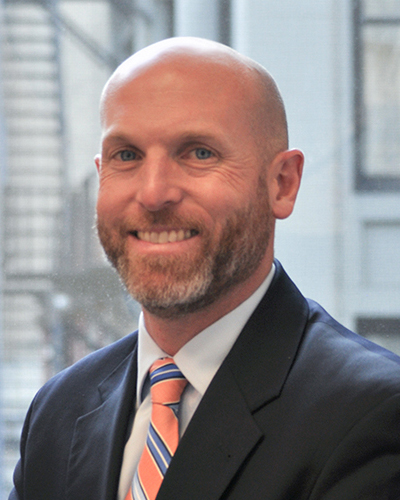
Executive Director, Rennie Center for Education Research & Policy (Moderator)
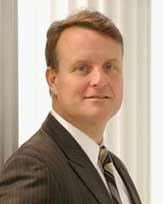
Senate Chair, Joint Committee on Higher Education
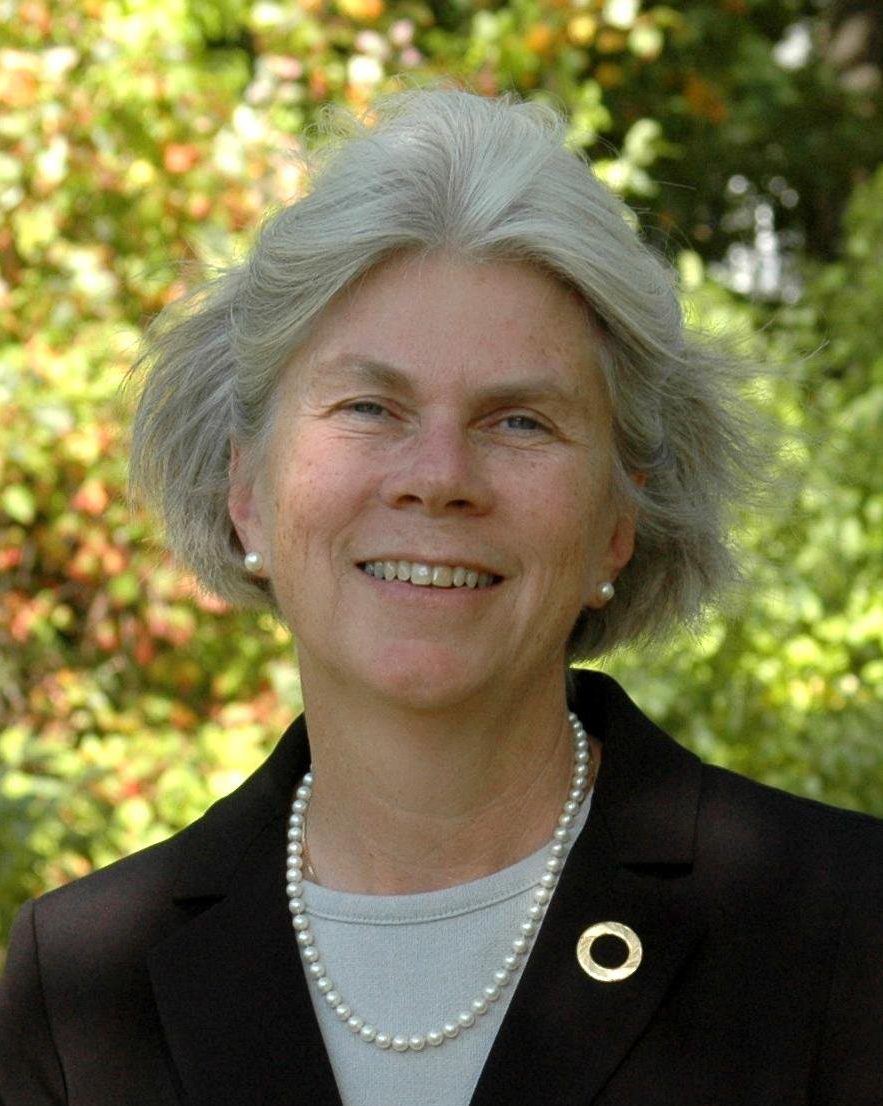
House Chair, Joint Committee on Education

Commissioner, Massachusetts Department of Elementary & Secondary Education
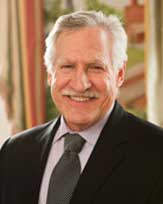
Commissioner, Massachusetts Department of Higher Education
Icons by Vectors Market from Flaticon